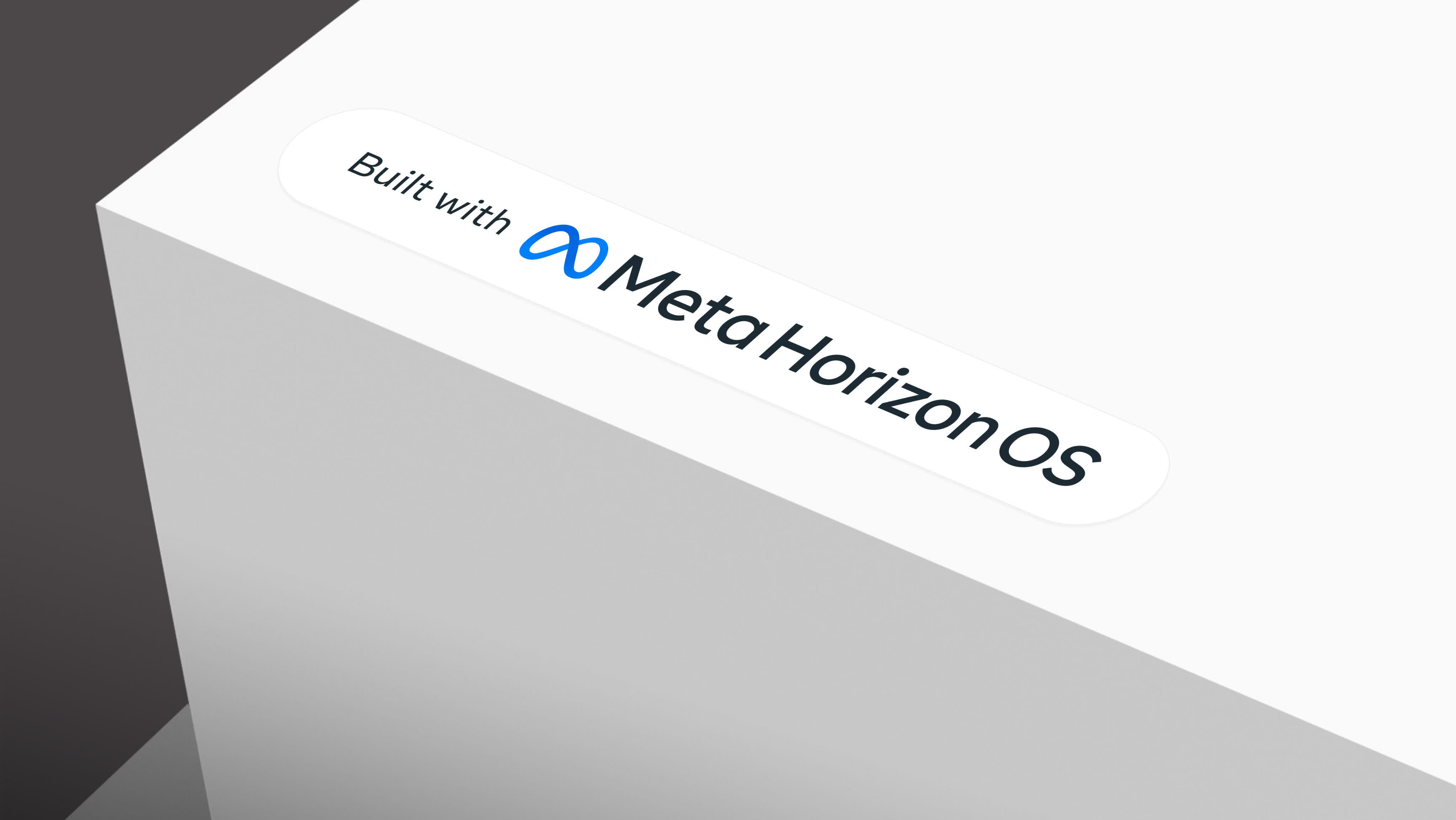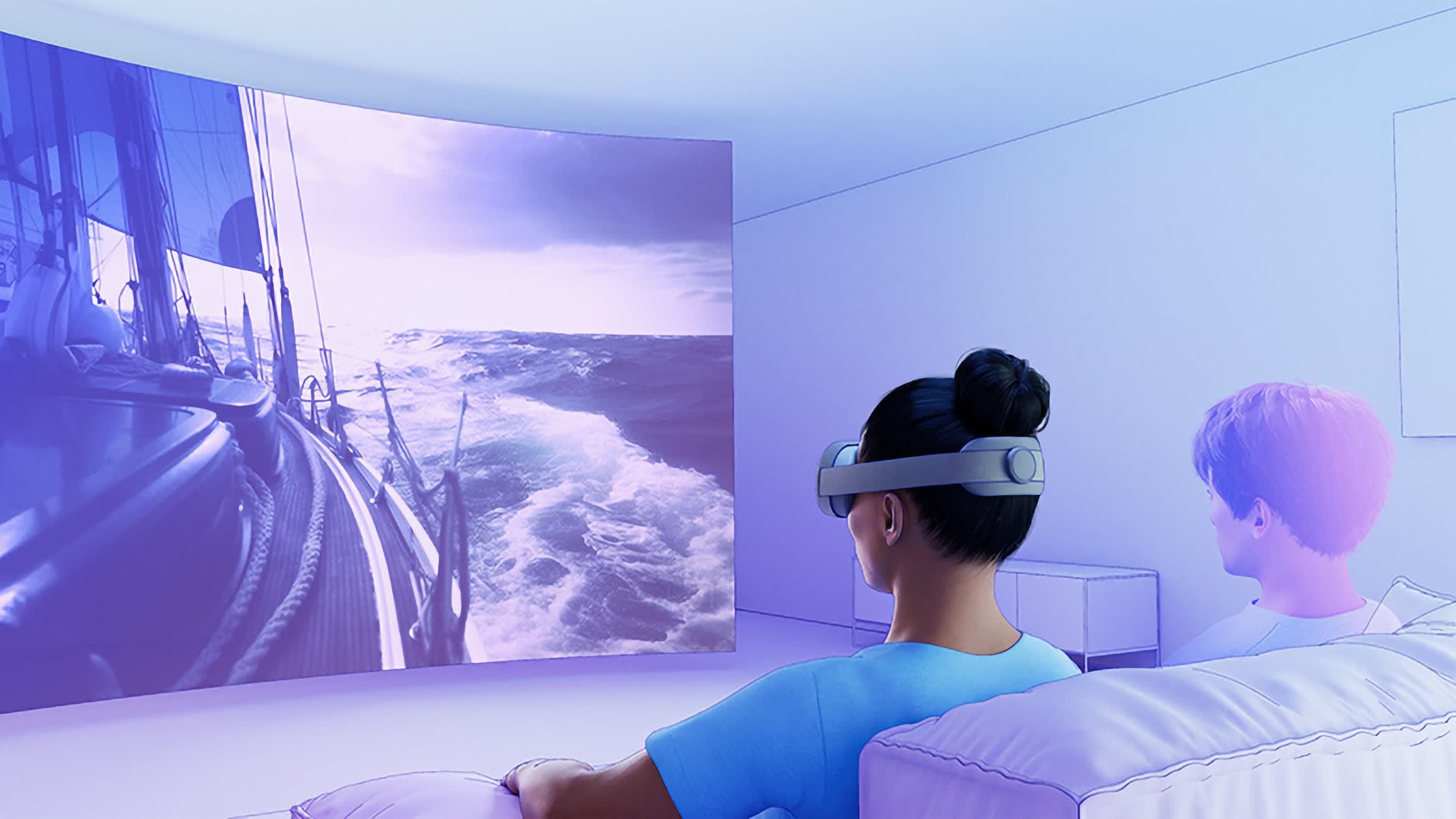Something to look forward to: After spending tens of billions on virtual and augmented reality, Meta aims to position itself as the more accessible alternative to Apple's $3,500 Vision Pro headset and its visionOS. Competing with the Cupertino giant will prove challenging, but opening up the Meta Quest operating system and evolve into an open ecosystem could go a long way toward broadening its appeal.

Meta is making the OS that powers its Quest headsets available to third-party hardware. Accompanying the announcement is a re-brand for the operating system with potentially significant policy changes regarding software distribution.
Devices using Meta's platform will run what the company now calls the Meta Horizon OS. The name change also applies to the Quest app store, now dubbed the Meta Horizon Store, and the Meta Quest companion mobile app is now the Meta Horizon app.
The first partner headsets include a gaming-oriented Asus ROG unit, a Lenovo mixed-reality device, and an Xbox-branded Meta Quest from Microsoft. These products will all run on the Qualcomm chips powering Quest devices currently on the market, but could potentially feature different configurations of lenses or other internals.
Moreover, the Meta software ecosystem will become more open. While the company didn't mention sideloading, it confirmed that App Lab software will soon become discoverable through the primary Meta Store. Upload VR reports that App Lab and the Horizon Store will eventually merge into one channel with the former's relatively lax curation.
Also see: Mark Zuckerberg says the Meta Quest 3 is a "better product" than Apple Vision Pro... period

Meta introduced App Lab in 2017 to give developers avenues for distributing software outside of the company's approval process, so its promotion on Horizon OS makes alternate app distribution channels (like Sidequest) more widely available. Meta also wants Google to make the Play Store available on Horizon OS, but it's unclear whether the search giant has any such plans.
Another effort aimed at bringing more apps to Meta's platform is the company's upcoming spatial app framework, which will facilitate porting mobile software to Horizon and converting it to mixed reality.

Meta didn't mention when such apps might become available, but developers can now apply for access to the conversion toolchain.
If successful, the open-platform strategy could turn Meta into the Android or Windows of the augmented reality space, and Apple's primary competitor in that arena. As part of this shift in strategy, Meta recently dropped the price of the Meta Quest 2 to $199 to broaden the reach of the already popular headset.
Zuckerberg opens up Meta Quest operating system to third-parties, Asus and Lenovo headsets planned